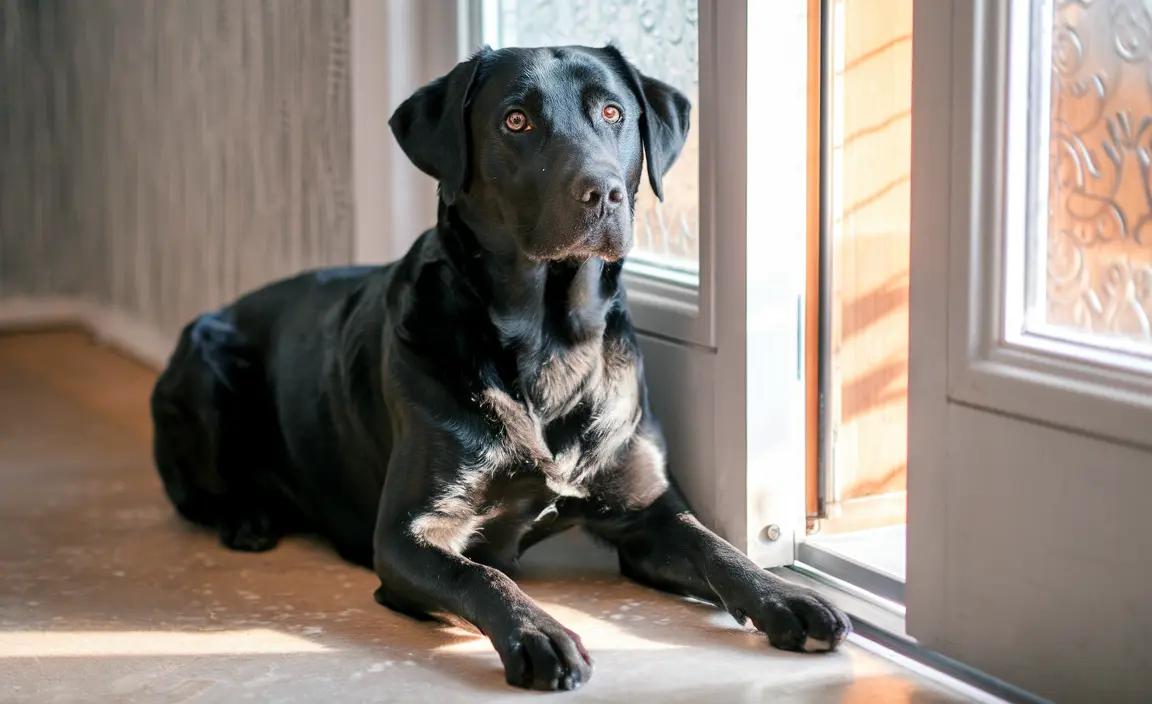Adopting a rescue dog is a life-changing decision that requires careful preparation and thoughtful consideration. While the excitement of bringing a new furry friend home is undeniable, understanding the dog's background, needs, and personality is crucial for a successful adoption. This guide will walk you through the most important questions to ask when adopting a dog, ensuring you're fully prepared to welcome your new companion.
By asking the right questions, you'll not only set yourself up for a smooth transition but also provide the best possible care and support for your rescue dog's unique journey.
Understanding the Dog's Background and History
Before bringing a rescue dog home, it's essential to gather comprehensive information about their past. Each dog has a unique story that shapes their behavior, health, and emotional well-being. By asking detailed questions about their history, you'll gain insights that help you provide the most supportive environment possible.
Key Questions About the Dog's Origins
- Where did the dog originally come from (stray, surrender, rescue)?
- How many previous homes has the dog experienced?
- Has the dog been in the shelter or foster care for an extended period?
- Were there any significant traumatic experiences or family separations?
Comprehensive Health and Medical Assessment
A thorough understanding of your potential new dog's health is paramount. These questions will help you assess any existing medical conditions, ongoing care requirements, and preventative health measures.
Essential Health Inquiries
- Current vaccination status and spay/neuter information
- Known medical conditions or special dietary needs
- Previous veterinary treatments and records
- Microchipping and identification details
Behavioral Insights and Temperament Evaluation
Understanding a dog's behavior and temperament is crucial for creating a harmonious home environment. Each dog has unique personality traits and potential challenges that require patience and understanding.
Behavioral Compatibility Checklist
- Specific behavioral issues or triggers
- Interactions with other animals and children
- Comfort levels with different environments
- Preferred activities and play styles
Training and Daily Routine Considerations
Every dog comes with their own set of training experiences and routine needs. Understanding these aspects will help you create a smooth integration into your household and establish effective communication.
Training and Routine Exploration
- Current training status (crate training, potty training)
- Leash walking and basic command proficiency
- Exercise and energy level requirements
- Communication signals and need indicators
Adoption Logistics and Support
The adoption process involves more than just selecting a dog. Understanding the organization's policies and support system ensures a responsible and supported transition.
Adoption Process Details
- Follow-up requirements and support mechanisms
- Adoption agreement and return policies
- Pre-adoption meet-and-greet opportunities
- Ongoing support and guidance
Care and Maintenance Expectations
Rescue dogs often require specific care approaches tailored to their background and individual needs. Clarifying these details helps you prepare comprehensively.
Care Preparation Checklist
- Specific dietary requirements and feeding schedules
- Grooming and maintenance needs
- Sleeping arrangements and comfort preferences
- Potential additional care considerations
Frequently Asked Questions
What should I know about a dog's history before adopting from a shelter?
Ask about the dog's previous living situations, any known trauma, number of homes, and length of time in shelter care. This information helps you understand potential behavioral or emotional challenges.
How do I determine if a rescue dog has any health or medical conditions?
Request complete veterinary records, discuss any known medical issues with the shelter staff, and schedule a comprehensive veterinary check-up immediately after adoption.
What are some common behavioral issues in adopted dogs, and how can I address them?
Common issues include separation anxiety, fear-based reactions, and socialization challenges. Professional training, patience, and consistent positive reinforcement can help overcome these obstacles.
What kind of training does a rescue dog typically need, and how can I integrate it into my routine?
Most rescue dogs benefit from basic obedience training, socialization, and establishing consistent daily routines. Consider professional training classes and dedicate time to positive reinforcement techniques.
How can I ensure a successful transition for both my new dog and existing pets at home?
Introduce pets slowly, supervise initial interactions, maintain separate spaces, and gradually increase supervised time together. Patience and positive reinforcement are key to successful integration.
Adopting a rescue dog is a rewarding journey filled with love, companionship, and mutual growth. By asking these essential questions, you'll be well-prepared to provide a loving, supportive home for your new four-legged family member.






